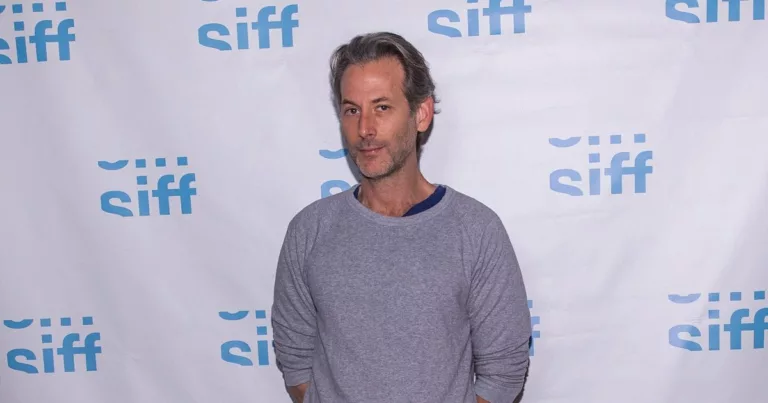Witchs Apology Controversy Surrounds Charlie Kirks Tragic Death
In the wake of the tragic shooting of political activist Charlie Kirk, an unusual narrative has unraveled, drawing attention for its bizarre coincidences. Just days prior to the incident, the media and culture site Jezebel published a humorous article titled “We Paid Some Etsy Witches to Curse Charlie Kirk,” which has since sparked discussions around timing, intent, and the implications of mixing humor with sensitive topics.
The article was intended as satire, with the author seemingly dismissing the seriousness of witchcraft as mere entertainment. However, the narrative took a turn when one of the witches featured in the piece, who goes by the name of Priestess Lilin, expressed regret over the distress that the article may have caused to Kirk’s widow, Erika Kirk.
In an interview with the Daily Mail, Priestess Lilin sought to clarify her stance. “We regret any distress experienced. What we do is done based on an impartial perspective and at a professional level,” she stated, emphasizing that the spell in question was spiritual and not intended to inflict physical harm. Lilin has reached out for a private conversation with Erika, hoping to address her concerns directly.
Erika Kirk was seen visibly emotional during her husband’s memorial service held at State Farm Stadium in Glendale, Arizona, where prominent figures, including U.S. President Donald Trump, paid their respects. The juxtaposition of the memorial with the article’s publication has led to a complex dialogue about the legacy of Charlie Kirk, whose life was marked by polarizing rhetoric.
Kirk was a staunch advocate for free speech and a contentious figure in American politics, known for his provocative statements that many believe can incite violence. Following his death, conversations about his impact and ideology have intensified, with right-wing supporters painting him as a martyr for free speech, while critics highlight a history of incendiary discourse that they argue provoked hostility.
In light of these discussions, the reactions to both the tragedy and the prior article have exemplified the deep divisions within American society. While no one from either political spectrum is celebrating Kirk’s death, the discourse surrounding it has become a battleground for broader ideological conflicts.
Priestess Lilin’s apology underscores the sensitivity surrounding Kirk’s death and the potential consequences of seemingly innocuous humor in a highly charged political climate. “Our spells are spiritual in nature and we do not perform actions that are intended to cause physical harm,” she reiterated, hoping to draw a line between her work and the tragic events that unfolded.
As the nation grapples with the aftermath of Kirk’s death and the implications of his legacy, it may be important to reflect on the values of civil discourse and mutual respect. The spirit of free speech, which Kirk championed, advocates against violence in all forms, and both supporters and critics alike must remember that words should never lead to bloodshed.
Looking ahead, it remains to be seen how this controversy will influence discussions about free speech and accountability in political rhetoric. As the end of 2025 approaches, this moment presents an opportunity for society to unite around the shared belief that no one should face violence or threats for their words, nor should any words lead to such devastating outcomes.
In conclusion, the intersection of humor and tragedy in the case of Charlie Kirk serves as a poignant reminder of the power of language in shaping public perception and personal consequences. As we move forward, the lessons gleaned from this situation may inform how humor is employed in the political arena, as well as how we navigate the complexities of free speech in a society rife with division.






